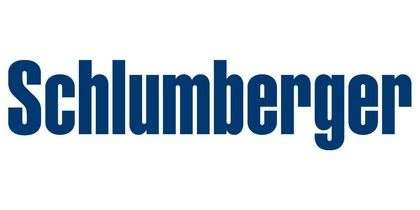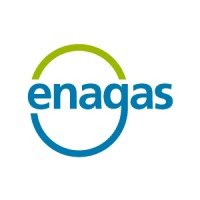Schlumberger to build electrolyser gigafactory

The EU has approved Schlumberger’s GenviaTM partnership with CEA (the French Alternative Energies and Atomic Energy Commission), Vinci Construction, Vicat and AREC. This is a unique private-public joint venture to work on developing clean hydrogen technology.
The venture is expected to speed up the development and the deployment of CEA high-temperature reversible solid oxide electrolyser (SOE) technology. The SOE will be the first of its kind at an industrial scale. Schlumberger will build Genvia gigafactory in France to produce solid oxide electrolysers.
Schlumberger claims that its technology will produce cost-effective clean hydrogen through water electrolysis by using renewable power. The production process will be more efficient compared to the currently available electrolyser technology in the market. It will use less energy on the basis of hydrogen production per kg. Schlumberger also claims that its technology has the ability to switch between electrolysis and fuel cell.
Clean hydrogen production through electrolysers is at a nascent stage. New and advanced pilot technologies are entering the market frequently in recent years. Most of these technologies are claiming unique efficiencies and cost-saving advantages. However, the real test could be to see these technologies in action on an industrial scale making green hydrogen running on 100% renewable energy sources. Clean hydrogen can be produced using electricity from a nuclear power station, though would not qualify for the green hydrogen status.
Updated: When asked would Genvia be producing green hydrogen or fed with nuclear power, Schlumberger told H2 Bulletin “The Genvia solid oxide electrolyzer (SOE) technology aims to produce clean (green) energy, using renewable sources. In addition, as with other electrolysis technologies, Genvia’s electrolyzer can be used with any kind of electricity.”
